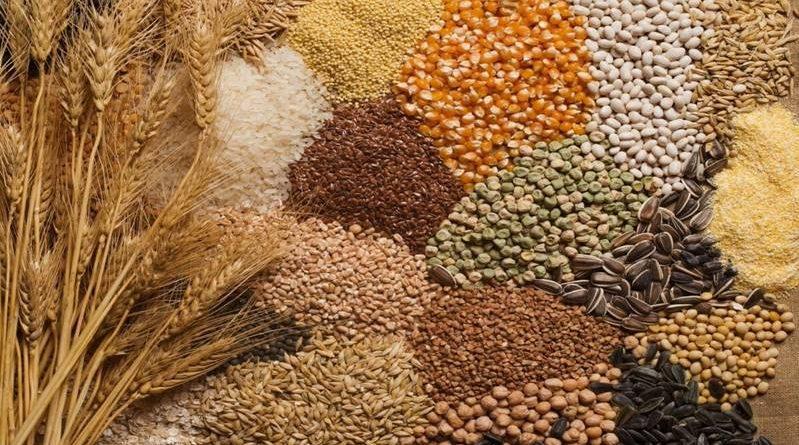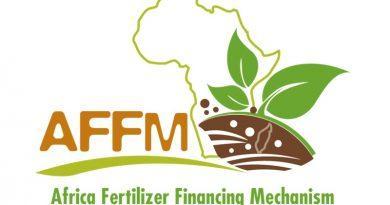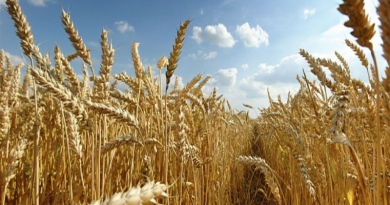Food Prices in Nigeria not Stable: Affected by Global Prices
The analysis presented in the Central Bank of Nigeria’s (CBN) report for October to December 2023 highlights the significant impact of the recent increase in global food prices on domestic inflation in Nigeria. This rise can be attributed to both the COVID-19 pandemic and the Russia-Ukraine war. Amongst various food categories, cereal prices had the highest impact on domestic inflation, followed by dairy and sugar products, and meat.
Although the CBN intervened to mitigate the impact of global food price shocks, the effects seem to have persisted even after the intervention program. This can be attributed to several factors, including the substantial share of food in the domestic consumption basket, a significant portion of which is still imported. Additionally, the volatility of the foreign exchange market, which contributes to the depreciation of the domestic currency, has also played a role.
While the current CBN governor, Mr. Cardoso, has announced a shift in focus towards price stability and a cessation of development finance interventions, it is crucial for both fiscal and monetary authorities to collaborate and intensify efforts to boost local food production. The Ministry of Agriculture should explore innovative approaches to managing the government’s granary and effectively administering the nation’s food reserves. By doing so, the vulnerability of the domestic economy to fluctuations in global food prices can be reduced.
Comprehensive plans should be devised, considering different scenarios, quantities, and timing of purchases and releases. This will help decrease reliance on imported food, enhance the economy’s resilience against external shocks in food costs, and ultimately reduce the need for imports. It is imperative for both the CBN and the Ministry of Agriculture to work together towards achieving these goals and ensuring a more stable and self-sufficient food system in Nigeria.




